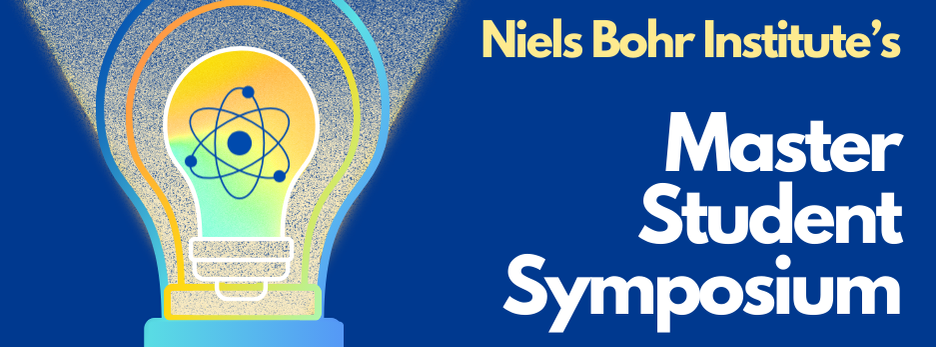Description
The IceCube Neutrino Observatory, located at the South Pole, is a cutting-edge telescope designed to detect neutrinos, including high-energy (HE) cosmic neutrinos. Strong evidence links these HE neutrinos to astrophysical sources such as active galactic nuclei (AGNs), blazars, and tidal disruption events (TDEs). Current reconstruction algorithms achieve an angular resolution of approximately 0.5 degrees for HE neutrino events. To enhance the identification of HE neutrino sources, this work explores the use of machine learning to improve event reconstruction methods, aiming to refine angular resolution and bolster future astrophysical discoveries.
This presentation will provide an overview of the IceCube detector and its data, highlighting the potential of machine learning in neutrino physics while also addressing the challenges of applying these techniques to real-world data. A particular focus will be placed on the transformer architecture and its application to event reconstruction. The presentation will conclude with preliminary results and insights from ongoing work.
| Field of study | Physics of Complex Systems |
|---|---|
| Supervisor | Troels Petersen |

